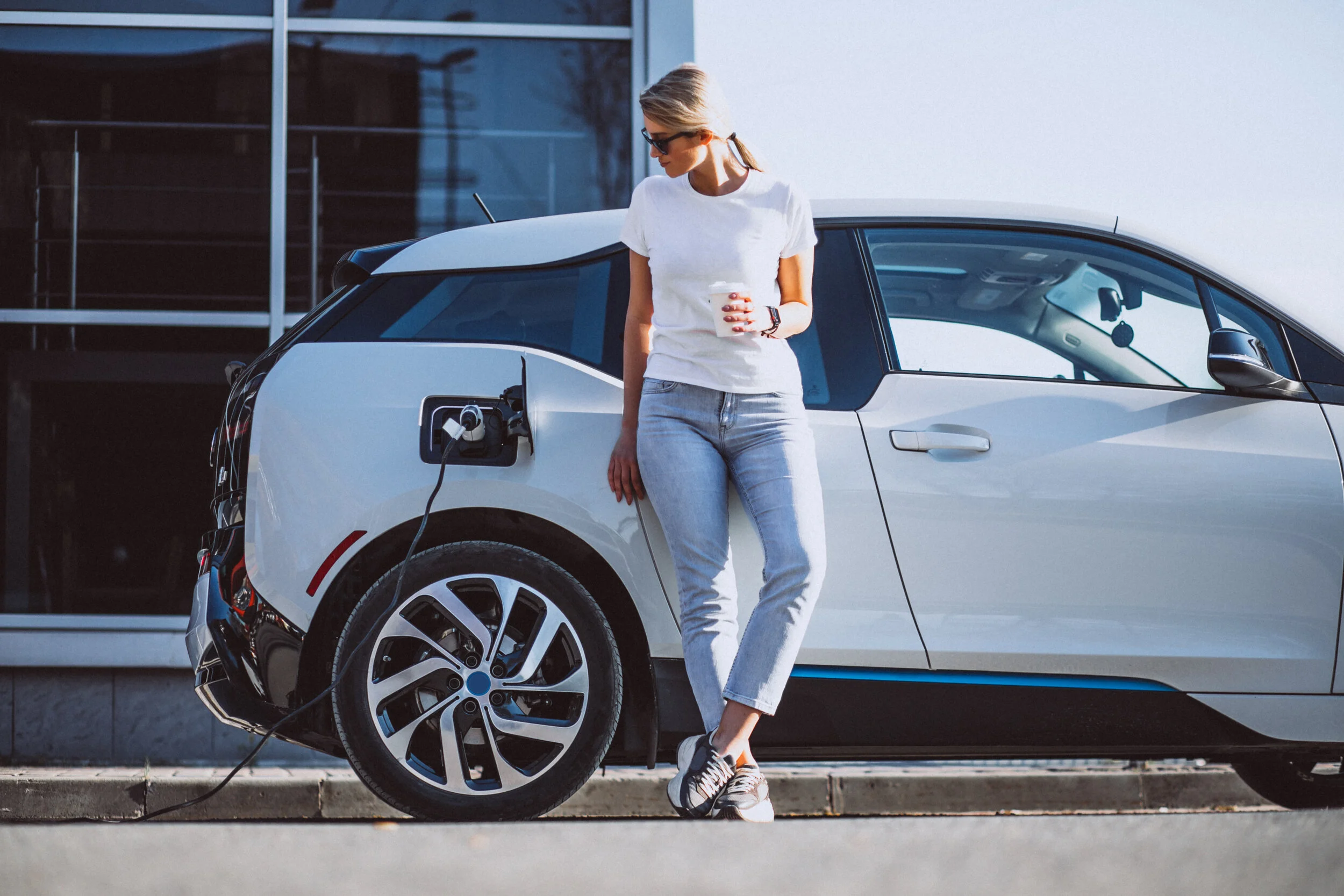Pros and Cons of an Electric Car
Electrical vehicles are only growing in popularity, and this means there is more accessibility for everyone! Electrical vehicles are sustainable - but what is the cost of the initial purchase and the running of the vehicle? Is it worth it? It’s important to weigh up the pros and cons of any large purchase, especially those purchases that have the potential to damage the planet if you don’t do your research. Here we answer your questions on electric vehicles by diving into the pros and cons of an electric car.
Pros:
Environmentally friendly
The introduction of electric vehicles came about to substantially lower the global impact transport has on the environment. The production of the lithium ion battery in an electric car produces more emissions than the manufacturing of fuel-run vehicles, however, electric vehicles don’t emit Carbon Emissions while driving. Therefore, the running of the electric vehicle emits less pollutants than that of their fuel-run counterparts. Think about just how much fossil fuels are burnt and expelled into the atmosphere every single day from millions of petrol and diesel cars globally. If you were to purchase an electric car, one year of running this vehicle as opposed to standard vehicles would prevent 1.5 million grams of CO2 from being produced.
Convenience
Say goodbye to waking up and rushing to the petrol station before work to refuel your car. With an electric car, you can charge overnight and wake up to a “full” tank. The lack of charging stations in long distance drives could be a hassle but if you plan right, this won’t affect you. The growing popularity of electric cars means the number of charging stations is increasing at a fast rate!
Get a free quote on a EV home charger installation
Significantly cheaper to run
On average, driving an electric car or vehicle will cost you approximately $3 for every 100km, which equates to just 30 cents a litre of petrol. This in itself shows how cost-effective electric cars are to run. Each year, you will save a substantial $2000 if you drive the average 12,500km a Kiwi drives on a yearly basis.
Due to electric cars not having radiators, exhausts or starter motors, there is less to maintain - if you look after your tyres, suspension and brakes, you’ll lower the cost of repairs and maintenance. In most cases, you will get a 10 year warranty on your electric car’s battery. In fact, the chances of needing to replace your EV battery is lower than batteries in a fuel-run car as EV batteries have been proven to last longer.
Prepare for the future
Electric vehicles are here to stay. Many car brands have said they will only be selling electric cars from as soon as 2025. Predictions state 20% of all new cars sold in 2025 will be electric, and by 2040, electric cars will primarily be the only new cars sold.
This is a sure-fire sign that society is going to be transitioning to this form of transport sooner than you may think. With this transition will come easier access to charging stations when you’re on high-mileage trips, so there will be no need to worry about getting caught with low charge. The increase of electric vehicles is also set to lower the purchase price.
Cons:
Initially costs more to purchase
Electric vehicles currently cost more to purchase than your standard fuel-run vehicles. This difference is less while purchasing a second hand vehicle and is gradually decreasing as electric vehicles become more popular. Fortunately, electric cars and hybrid cars that cost under $80,000 qualify for a fee rebate which is essentially a subsidy of up to thousands of dollars. In 2022, it’s planned for this rebate to be applicable to all electric vehicles, regardless of price. As you can see, the Government will be making electric cars cheaper and cheaper to purchase as time goes on. Research has shown that electric vehicles will actually become cheaper to produce by as soon as 2027.
If you are installing your own EV home charger, this will be an additional cost. EV home chargers can cost anywhere from $1300 up to $3000 and the installation cost will be on top of this. However, while you will be paying more upfront, the savings over the lifetime of the vehicle will be more. The average number of kilometres driven each year by a Kiwi is 12,500km. This would cost around $2500 a year to fuel, whereas charging an electric car would only cost around $500 per year, giving you a saving of $2000 every year.
Save money on fuel by installing an EV home charger!
Less charging stations than petrol stations
While this is expected to change in the future, there are currently significantly less EV charging stations than fuel pumps. This means if you are about to go on a long trip you will need to plan carefully and are at risk of running out of charge in areas where there are no charging stations nearby. While the number continues to increase, in March 2021 there were around 550 public EV charging stations throughout New Zealand. In total, there are approximately 20,000 EV chargers registered in New Zealand, which includes home EV chargers.
If you make long trips often, there is the option of purchasing a hybrid vehicle. Hybrid cars alternate between an electric motor and a normal engine, meaning you won’t need to only rely on charging your car.
After analysing the pros and cons of electric vehicles, the pros definitely outweigh the cons. If you can afford the extra upfront cost, we recommend opting for an electric car to help you lessen your carbon footprint and save money in the long run.



